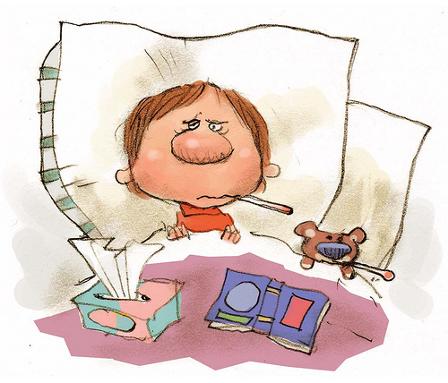Page Contents
Sinus Congestion In Ears…what to do???
Congested sinuses can affect your ears. Congested sinuses cause more than just a stuffy nose due to blocked nasal passages; pain, headaches, sore throat and yes, sinus congestion ear pain is all too real.
Sinus congestion and ear pressure: as the ears and the sinuses are connected, it only makes sense that sinus congestion can cause ear pain; a direct result of the pressure caused by the congestion…

How to cure sinus congestion in ears?
Here are a few home remedies for sinus congestion in ears you can try to get some relief from the pain and discomfort associated with the pressure:
• Keep sinuses moist:
1) Apply a nasal saline spray as directed on the packaging throughout the day or prepare your own spray by boiling ¼ teaspoon of salt in 1 cup of water. Let it cool and store in a cool place. Put 7 drops in each nostril as needed.
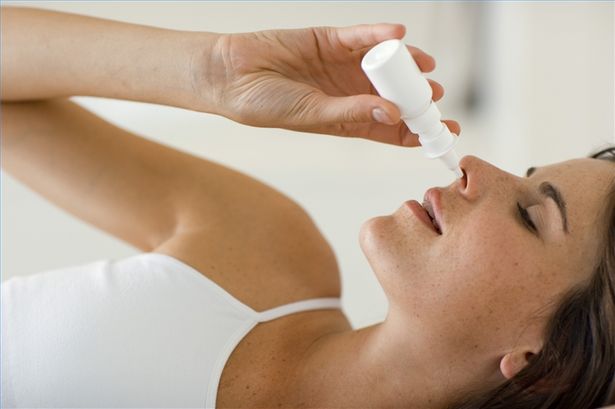
2) Apply a moist and warm facecloth to the face
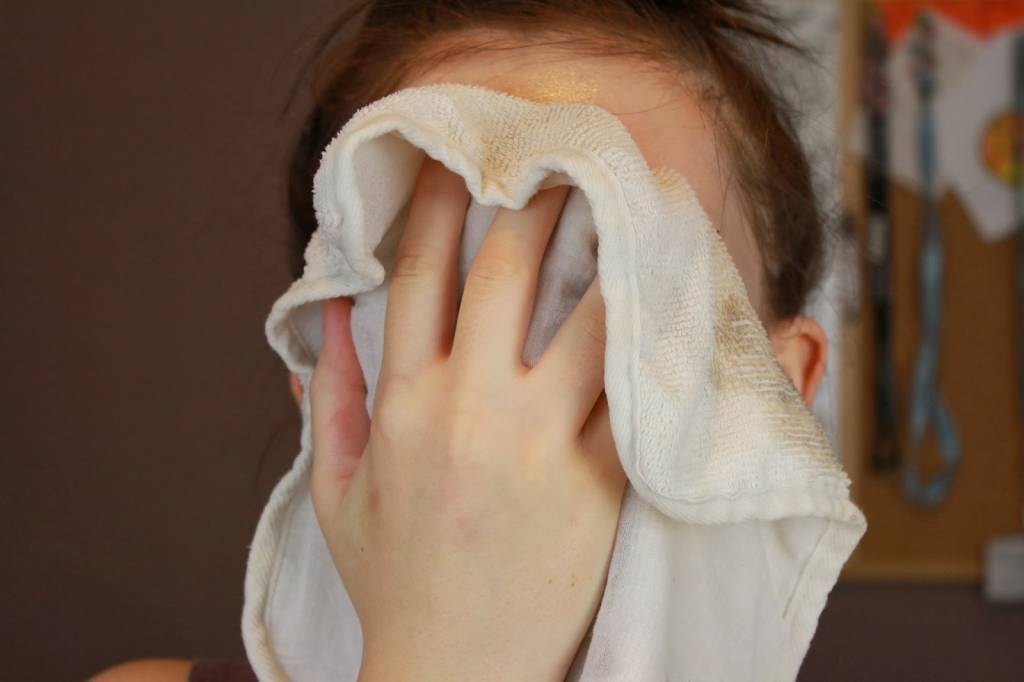
3) Humidifiers definitely help to prevent sinuses from drying out. It’s preferable to use distilled water in the humidifier as it keeps the room dust and fungi free.
4) Take a hot shower, Inhale the steam until you feel better
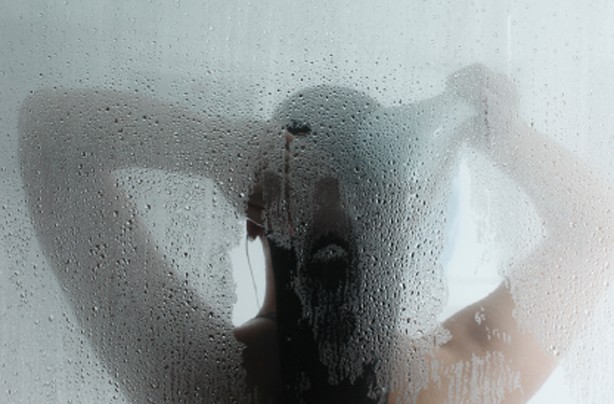
• Over–the-counter medicine for sinus congestion: Non-prescription drug relieve in the form of Aleve, Tylenol, Motrin or Advil or Motrin.
• Decongestants: Also over-the-counter relief. Decongestant nasal sprays and tablets do help for congested sinuses; may even unclog your ears. Be sure to use these for a maximum of 3 days as they may cause worse blockage of the nasal passages.
• Avoid weather extremes: Extreme temperatures can worsen ear problems related to sinus congestion. Now is not the time to go jogging on hot days; nor the time to play in the snow with the kids.
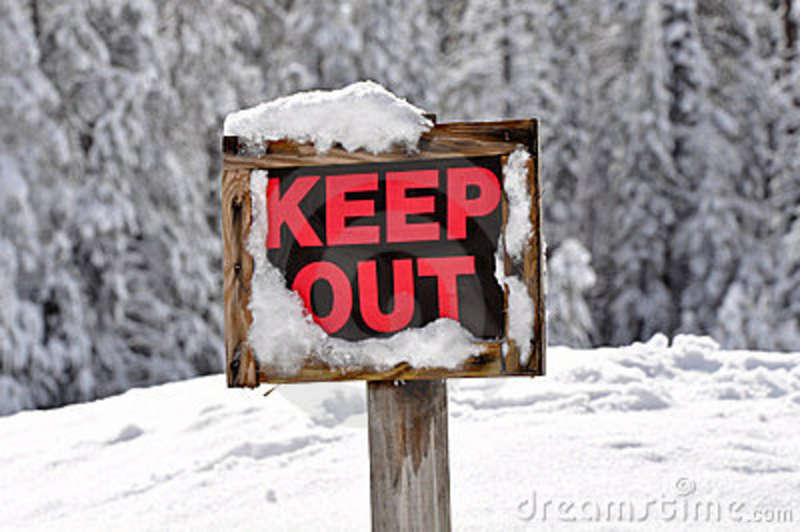
• Do not bend forward. Avoid bending forward as this can aggravate the pressure. Postpone any activities such as yoga until your sinuses cleared up.
• Blow your nose in a gentle manner: Lessen the pressure caused by nose blowing. Block the one nostril; blow through the other.
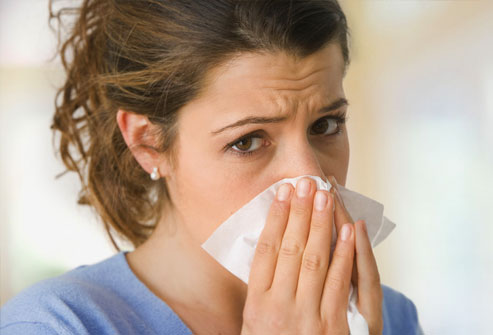
• Heating Pads: Heat up the heating pad to a level which is comfortable. Place it around the neck just below the ear. Keep it in place for about 30 minutes for relief from the pain
• Blow dryer: Use a medium setting; at a distance of about 12 inches blow on the ear. The hot air entering the ear passage should alleviate some of the pain caused by the congestion.
• Olive or vegetable oil: a true home remedy for sinus congestion and earache. Use a dropper and drop 5 drops of either oil in the affected ear. Leave for 15 minutes before lifting your head. Repeat every 2 hours until pain clears up.
Can sinus congestion cause dizziness?
Anytime pressure builds up in the inner ear, including that caused by sinusitis, dizziness may be a symptom. Alleviate sinus congestion dizziness by trying the following:
• Don’t make any fast movements. Avoid shaking your head fast or standing up too quickly.
• Take in lots of fluids. Keeping your body hydrated is always a good idea; having sinus congestion makes this even more necessary. When you stay hydrated, you keep mucus thin and lessen the stuffiness in the nose. Make a point of drinking lots of water at night before going to bed while your sinuses are clogged. Water is by far the best beverage to stay hydrated as other drinks generally contain caffeine which is a diuretic.
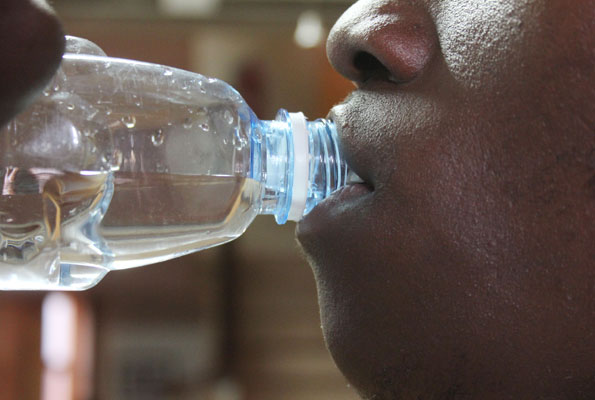
• Stay away from salt, caffeine, tobacco products and alcohol. As the slightest change in the body’s blood circulation can have an effect on the ears, it’s best to avoid these “bad” products as they may just affect blood flow.
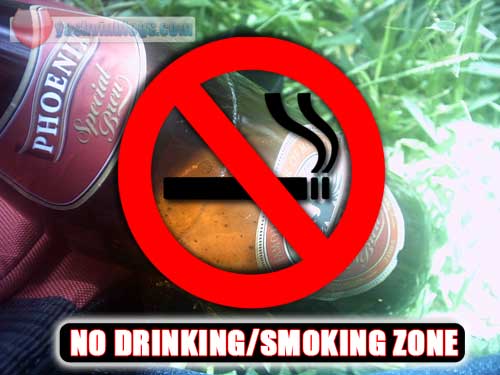
• Flying. Even without sinus congestion the changing pressure on board an airplane can be tough on some people; even tougher when you have sinus congestion. If at all possible, it is best to avoid flying while having sinus problems, particularly if your ears are affected. When left with no choice, use an oral decongestant half an hour before take-off; tablets take about that long to get into the system. Alternatively, try a nasal spray to get some relief from the pain.
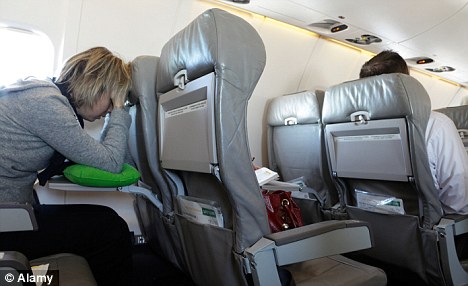
• Swimming. Anybody involved in water sports knows the deeper you go into water the higher the pressure on the body (and ears). Not a good idea then to go diving or scuba diving when sinus congestion affects your ears. The increased pressure can cause injury.
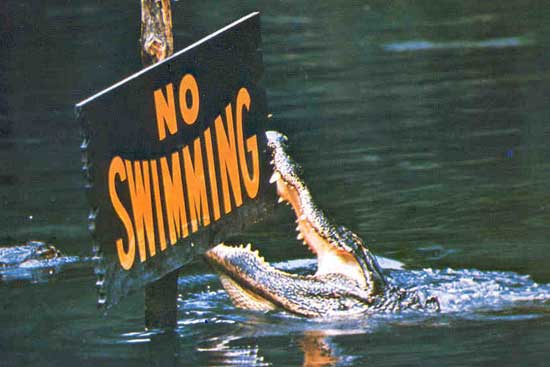
When should you see a doctor?
As a rule, sinus congestion ear pain is not regarded a serious medical condition as it usually does not last long and clears up by itself. Consult with your doctor when:
• You run a fever.

• Non-prescription self-medication does not help to bring relief from pain in the face, head or ear; or swelling doesn’t subside.
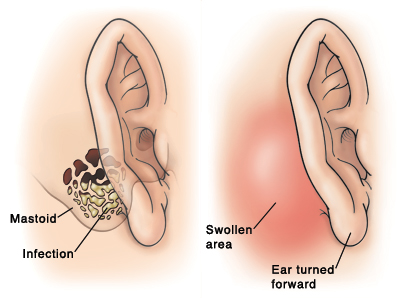
• Symptoms are experienced for more than 10 days, or keep on coming back.
In conclusion: I trust this article gave you, my most valued visitor, enough information on sinus congestion in ears to assist in making an informed decision…
